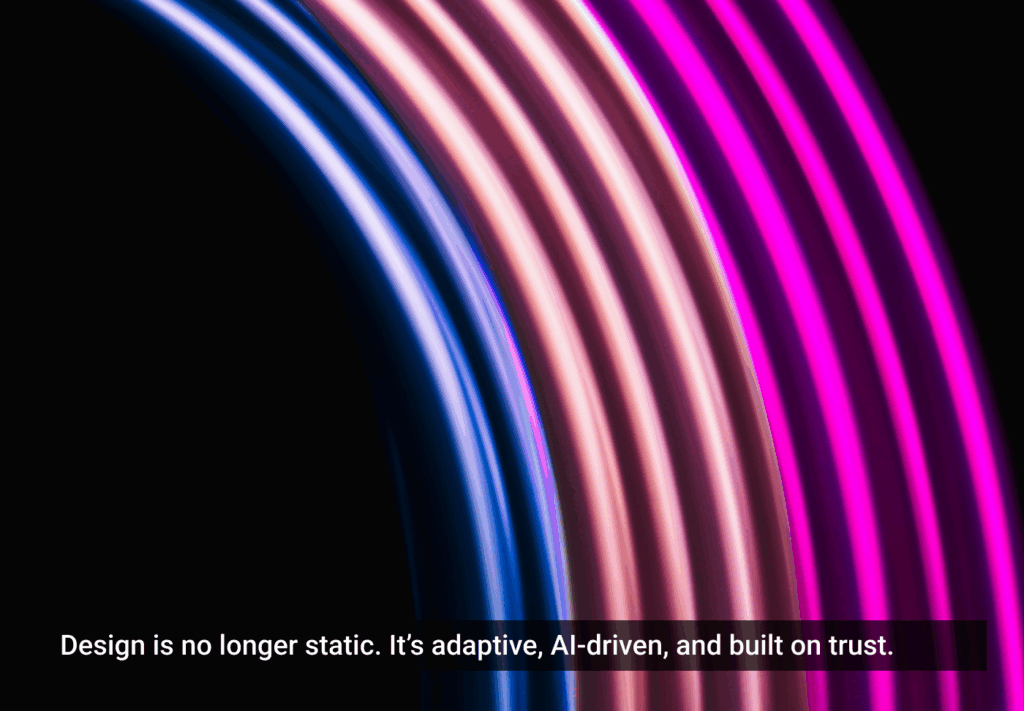As a sponsor of the Lean UX Denver conference in our hometown, UX Magazine is giving away two full conference and tutorial passes (worth $2,095) to our readers. The passes include access to your choice of tutorials, keynotes, parallel sessions, and evening cocktail receptions. You will also receive an expo hall pass, a Lean UX Denver conference bag and guide, as well as special offers and discounts.
The conference runs September 19-21. If you’re interested attending, enter to win using Twitter by answering the following question:
What’s been the biggest obstacle to improving UX at your organization?
How to Enter
- Make sure you’re following UX Magazine on Twitter.
- Create a tweet that says: “Hey @uxmag, <your answer> Do I win? https://uxm.ag/xg”.
- Publish the tweet.
Because the conference is coming up soon, this contest ends on Wednesday, August 22, so enter soon! We will contact winners via direct message on Twitter—please keep an eye out for messages. If we notify you that you’ve won but don’t hear back from you within 24 hours, we will select another winner.
Denver skyline image provided by Shutterstock







